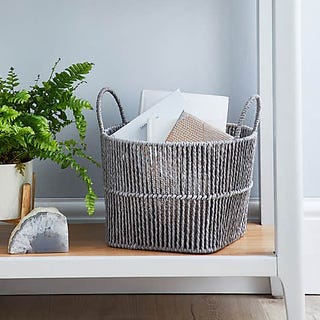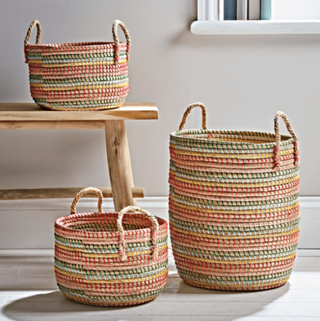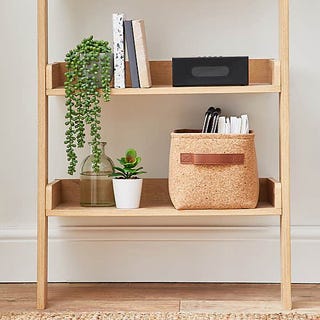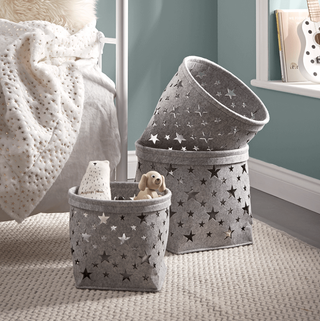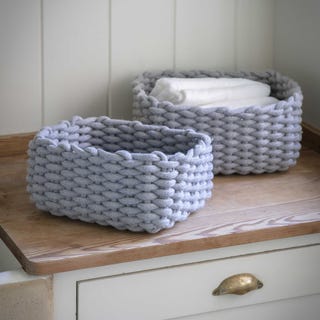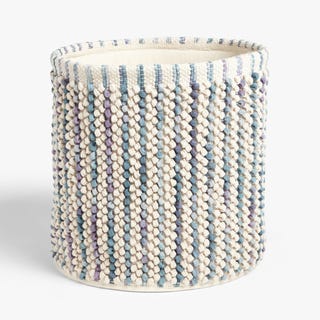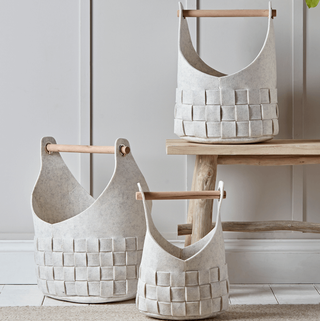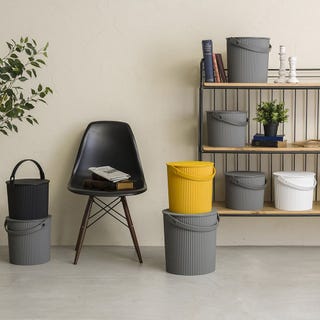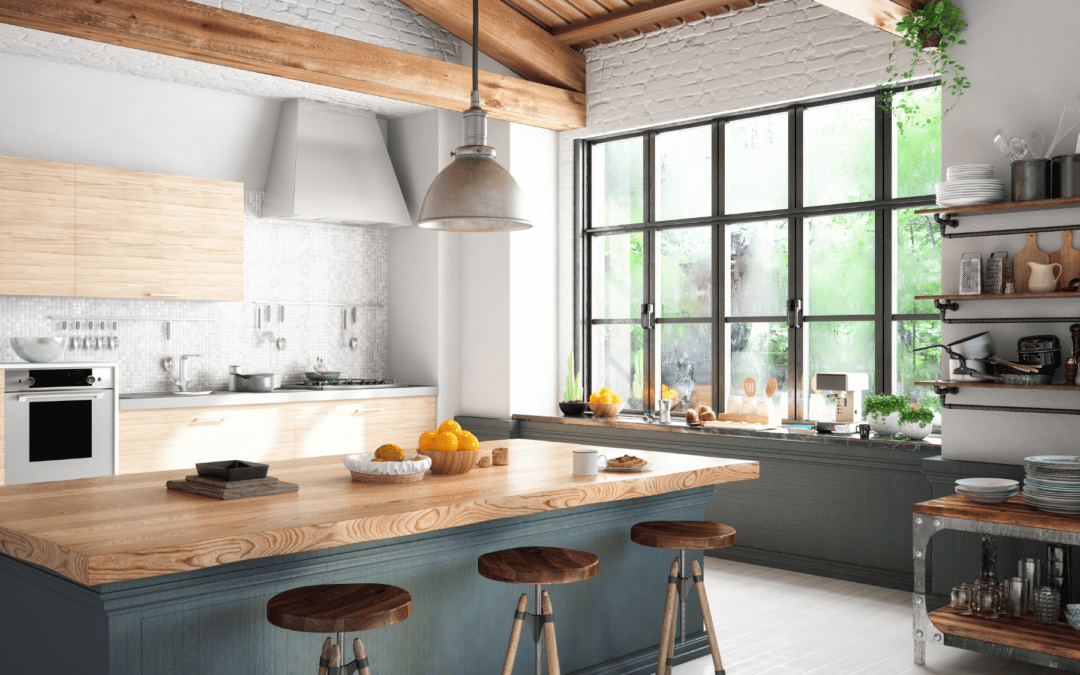Your bedroom’s interior can do more than just provide an aesthetic value. The furniture, colour palette, and even your cleaning routine can all make a difference to your sleep pattern.
But how, we hear you ask? Phil Lawlor, Sleep Expert at Dormeo, speaks to House Beautiful UK about the biggest interior design mistakes that could be limiting the amount of shut-eye you’re getting.
Mistake no. 1: Your bed is uncomfortable or in the wrong place
Your bed can have a major impact on your sleep quality – the wrong mattress for your sleeping position can result in improper spine alignment, which can lead to back pain and disturbed sleep.
‘It’s important that you invest in a good-quality mattress that supports you around all your pressure points, including your shoulders, hips, and the base of your spine,’ explains Phil. ‘As a general rule of thumb, you should replace your mattress every six to eight years. But, if you feel like your mattress isn’t as comfortable or as supportive as it should be, or if you’ve started to notice signs of wear and tear, it might be time to invest in a new one. Or, as a temporary option, you could consider buying a mattress topper.
‘When buying a new mattress, pay attention to the firmness rating as this will determine how it will support your sleeping position. A medium to medium-soft mattress will be perfect if you like to sleep on your side. Back and front sleepers tend to need a little more support, so a medium or firm mattress is the best option.’
Phil says you should also consider the position of your bed. Ideally, your bedroom door should be visible from your bed, but your bed should only be partially visible from your door. ‘This can help provide a greater sense of security, as you can easily see who’s coming and going, without them seeing you,’ Phil explains. And avoid placing your headboard against a wall with noisy pipes, too.
And do bear in mind the traditional Chinese practice of feng shui, which suggests placing the head against the wall with space around both sides and the foot, to allow energy to flow freely. Read more in our bedroom feng shui guide.
Mistake no. 2: Your colour scheme is too bright
What colour is your bedroom wall? Your bedroom should be your sanctuary and decorating it with all your favourite colours can help to boost your mood. However, do bear in mind that bright, bold hues can stimulate the mind and make it difficult to fall asleep.
‘If you’ve decorated your room in vibrant tones, this doesn’t mean you need to give them up entirely. Painting your walls in a soothing pastel blue, dusky pink, sage green, or beige can help create a sense of relaxation, and you can always brighten them up with some accessories like accent pillows and a throw,’ suggests Phil.
‘Dark, natural tones such as navy, grey, taupe, and a deep leafy green are also great options for bedrooms, as they can give a cosy, comforting feeling without overstimulating the mind. So, if you like bold décor, painting your walls any of these colours could be another great option.’
Mistake no. 3: Your curtains and blinds are too thin
External light distractions can affect the quality of your sleep. ‘While you can turn off your lamps at night, light can still enter your room from street lamps and the moon,’ says Phil. ‘Although sheer curtains can let in plenty of lovely sunshine during the day, they won’t block out the light from outside at night, which can brighten up your room and keep you awake.’
To improve this, consider swapping your thinner curtains for a blackout blind or blackout curtains. Your blinds should fit the full width of your window to minimise any light getting in through the sides.
Mistake no. 4: You’re using the wrong scents
We all want our bedroom to smell nice and inviting, but some scents can be more stimulating than others, meaning your favourite candles and reed diffusers could actually be keeping you awake.
‘Scents such as peppermint can increase alertness and improve memory, while floral scents such as ylang-ylang can boost relaxation, according to a study published in the International Journal of Neuroscience,’ explains Phil. ‘While a bold, lingering smell won’t necessarily wake you up at night, scents such as citrus and peppermint can be invigorating, meaning you’ll find it much harder to relax and unwind. Notes such as these are best used for areas where you’d like to stay alert, such as your home office.’
Instead, go for soothing scents that will create a calm atmosphere for you to relax and unwind in. Phil suggests opting for comforting smells such as lavender, chamomile, and cedarwood. These scents can help you wind down and drift off.
Mistake no. 5: Your room is too cluttered
Clearing your mind is a great way to relax and fall asleep but don’t forget about clearing the space around you. ‘A cluttered bedroom could contribute to an inability to unwind at the end of the day, as it can quickly overwhelm your mind and give the feeling of having unfinished tasks to do,’ says Phil.
Simple tasks such as making your bed each morning and clearing away clutter can help you to fall asleep each night. To avoid spending your evenings tidying up, Phil suggests using a catch-all bin or storage basket in your room so you can quickly store away clutter that belongs in another room, ready to organise in the morning.
Like this article? Sign up to our newsletter to get more articles like this delivered straight to your inbox.
Love what you’re reading? Enjoy House Beautiful magazine delivered straight to your door every month with Free UK delivery. Buy direct from the publisher for the lowest price and never miss an issue!
This content is created and maintained by a third party, and imported onto this page to help users provide their email addresses. You may be able to find more information about this and similar content at piano.io












